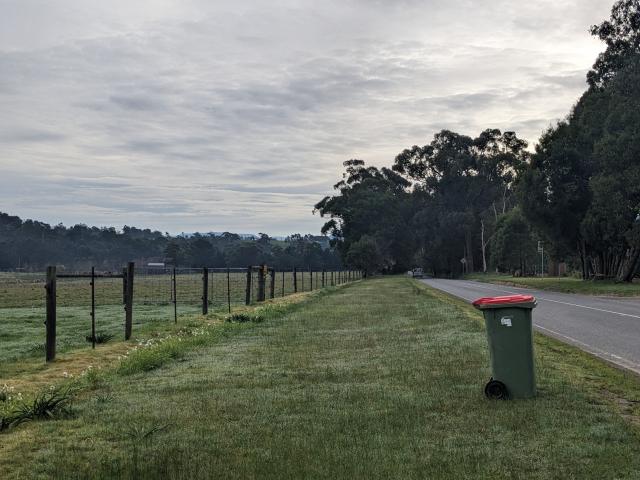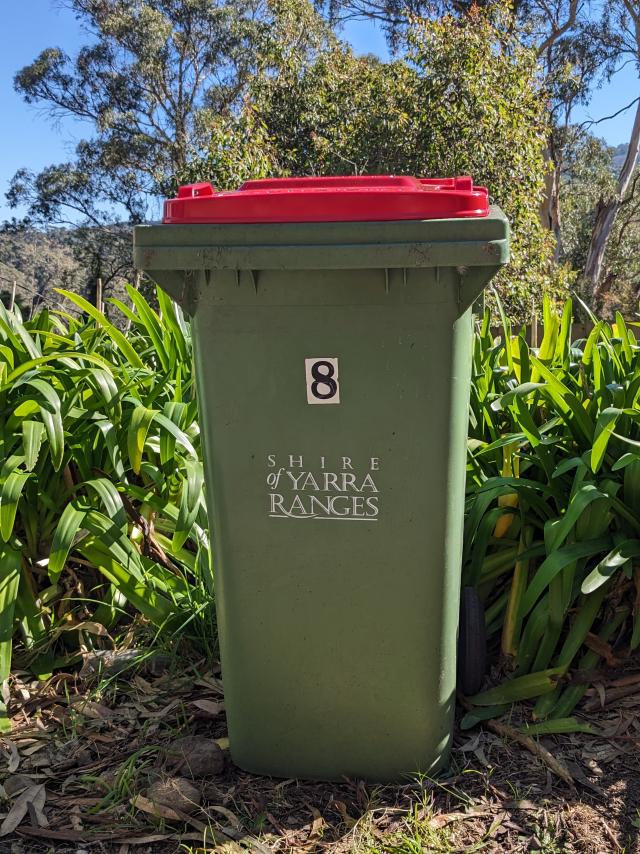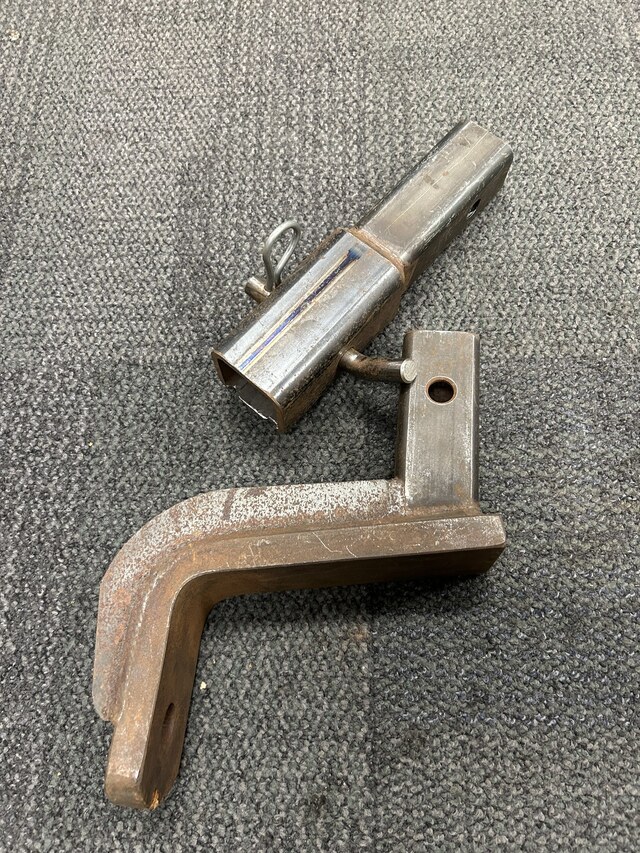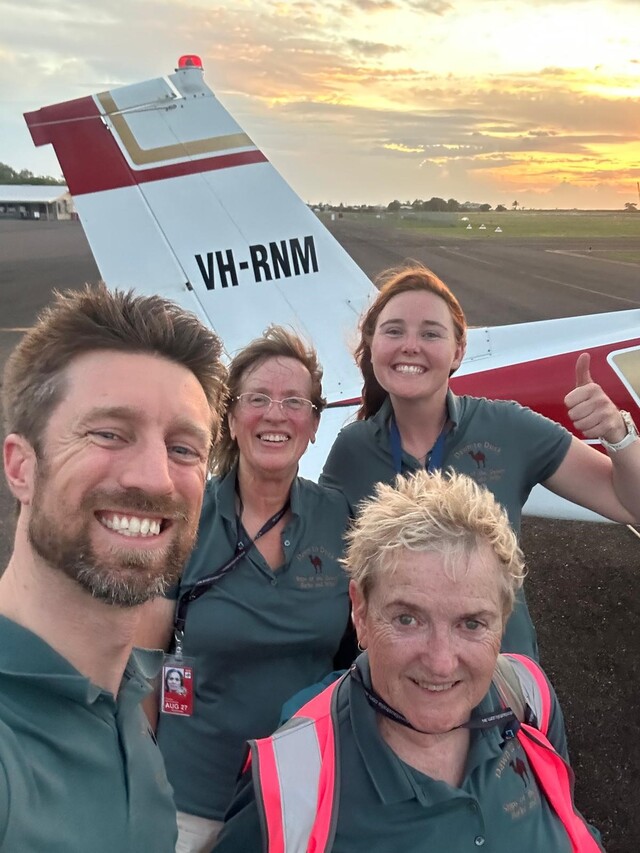Six months after a major overhaul in October 2023, the waste collection frequency for general rubbish was in the spotlight at the most recent Yarra Ranges Council meeting on 9 April.
Yarra Ranges Council received an in-depth submission from a Kilsyth resident who described the council’s evidence to support the new waste management policy as ‘deeply flawed’.
Sebastian Quezada presented a thorough presentation to the council against the recently introduced fortnightly general waste collection and in favour of returning to weekly collection schedules.
“This presentation refers to fortnightly collection only and not to FOGO bins,” he said.
Mr Quezada said that overflowing bins and their smell are a problem of volume, not of mass.
“Cutting general rubbish collection into fortnightly therefore inevitably leads to quickly overflowing bins amongst other problems,” he said.
“Taking out food waste from the rubbish bin takes out a lot of mass but very little volume,” he said.
“In Maroondah, they found that about 10 per cent of the volume of the rubbish bin is occupied by food only and in Hobson’s Bay they found that only two to six per cent of their FOGO bins are occupied by food in their latest research.”
Through a presentation of personal research, Mr Quezada said that the overflowing waste problem is present in all the municipalities that have cut their general waste collection frequency.
“ So people are not happy about this – most importantly because of the smell created by garbage that is sitting there for two weeks,” he said.
Apart from the smell and overflowing issues, Mr Quezada said that the council’s claims of residents supporting the fortnightly collection were only a ‘small fragment of the Yarra Ranges populace’.
Mr Quezada also said that council claims of how temperature and extended periods between collections do not pose a problem could easily be challenged logically and scientifically.
“These issues can be addressed at length in another future presentation and I would be happy to help the council with this matter as well,” he said.
Mental health matters were part of Mr Quezada’s submission and he said it was an issue that he holds ‘close to his heart’.
“The link between smells and mental health is scientifically well established so by extension the current policy carries the risk of unintended mental health issues for the community.”
Mr Quezada said that when it comes to legislation and costs, there is no obligation or requirement under state government policy to reduce collection frequency and that the council has confirmed this in writing.
“…what is destined for landfill is still going to landfill regardless of whether it is sitting there a week or two weeks,” he said.
Mayor Melba Ward Councillor Sophie Todorov thanked Mr Quezada for his ‘brilliant presentation and submission’ and commended him on his timing before handing the floor over to the other councillors.
Deputy Mayor Chandler Ward Councillor David Eastham said he would like to know the review process that is in place with any indicative dates or timing.
“I commend you for talking about mental health openly and incorporating it into the presentation,” he said.
Mayor Todorov said thank you to Mr Quezada for his submission.
“It is rather timely as we come to our six month review as well, so very helpful to hear what you presented to us,” she said.
Director of Planning and Sustainable Futures Kath McClusky said the team are now working through reviewing all the data – which looks at diversion rates around the landfill.
“We hope to have something back in front of the council – probably late June, early July,” she said.
Enquiring about the technology on the collection vehicles O’Shannassy Ward Councillor Jim Child said he would like to ask for an additional audit process from the trucks.
“To get that audit material and pick up whether there are overflowing bins and also check what’s going into the bins,” he said.
Ms McClusky said they would collect the extra data, Lyster Ward Councillor Johanna Skelton said she would like to know about the next steps and how the response to the submitter process will happen.
Ms McClusky said in that terms of the review there will be a series of recommendations that will come out that will then be presented to the council.
“We will work closely with our comms team around getting that message out,” she said.
Mr Quezada said during his submission that there was no complete evidence to change the schedule from general waste bins to fortnightly and that many of the costs could be offset in several ways.
“If anything, the evidence supports maintaining our weekly collections – the current policy has a high risk of creating many more problems while solving none,” he said.
“There are no benefits from this policy, only detrimental outcomes …so I urge the council to bring back our weekly collection.”








